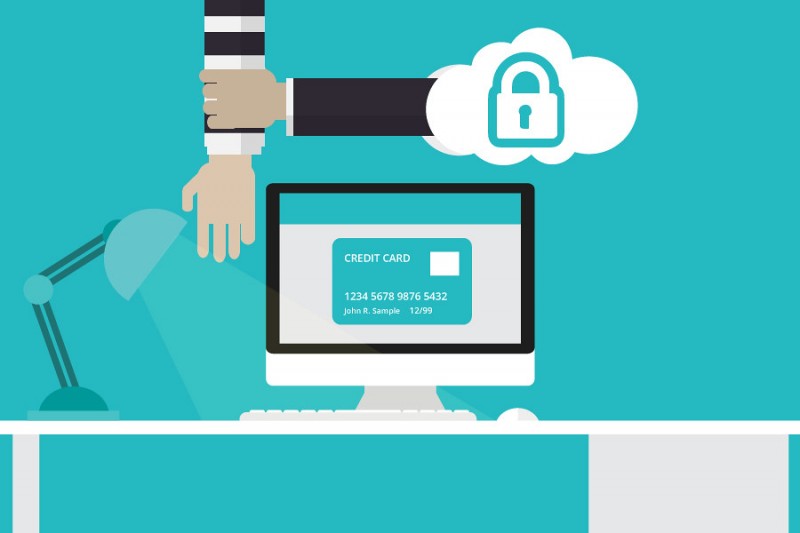
In today's digital age, where our lives are increasingly intertwined with the online world, it's crucial to be aware of potential online threats that can compromise our privacy, security, and personal information. From cyberattacks to identity theft, the internet is rife with dangers. But fear not, because in this article, we'll delve into effective strategies that can help you prevent various online threats and navigate the digital landscape safely.
Before we dive into prevention techniques, it's important to understand the diverse array of online threats that exist. These threats can range from phishing attacks and malware infections to social engineering and data breaches. Each threat poses unique risks, but there are overarching strategies that can shield you from harm.
Your passwords are the first line of defense against unauthorized access to your accounts. Utilizing strong, unique passwords for each online account can significantly reduce the risk of being hacked. Consider using a mix of uppercase and lowercase letters, numbers, and special characters. Avoid using easily guessable information such as birthdays or pet names.
Two-factor authentication adds an extra layer of security to your accounts. In addition to your password, you'll need a second verification method, such as a text message or authentication app, to log in. This makes it much harder for attackers to gain access, even if they somehow acquire your password.
Regularly updating your software, operating system, and apps is essential. Developers often release updates to patch security vulnerabilities that hackers could exploit. Ignoring these updates leaves your devices susceptible to attacks.
Phishing is a common tactic used by cybercriminals to trick individuals into revealing sensitive information. Be wary of unsolicited emails, messages, or links that ask for personal data. Always verify the sender's legitimacy before clicking on any links.
Public Wi-Fi networks can be convenient, but they're also a potential security risk. Avoid accessing sensitive information, such as online banking, over public networks. If you must use public Wi-Fi, consider using a virtual private network (VPN) to encrypt your internet connection.
Your personal identity is a valuable asset, and protecting it online is paramount. Identity theft can have devastating consequences, ranging from financial loss to reputational damage.
Be cautious about the information you share on social media and other online platforms. Avoid posting sensitive details such as your full address, phone number, or financial information. Cybercriminals can piece together such information to steal your identity.
Frequently monitoring your bank and credit card statements can help you quickly identify any unauthorized transactions. The sooner you spot unusual activity, the faster you can take action to prevent further damage.
When making online transactions, opt for secure payment methods such as credit cards or reputable digital payment services. These methods often offer additional layers of fraud protection compared to debit cards or bank transfers.
Our digital devices are repositories of personal information, making them a prime target for cyberattacks. By implementing proper security measures, you can shield your devices from various online threats.
Equipping your devices with reputable antivirus and anti-malware software is essential. These programs can detect and neutralize threats before they can harm your system.
Encryption adds an extra layer of protection to your sensitive data. If your device is lost or stolen, encrypted data is much harder to access without the encryption key.
Public charging stations might seem convenient, but they can potentially transmit malware to your device. Consider using your own charger or a portable charger to avoid this risk.
A proactive approach to cybersecurity involves staying informed and educating yourself about emerging threats and best practices.
Stay updated about the latest online threats and how they operate. Knowledge is your best defense against cybercriminals.
Cybersecurity isn't an individual effort; it's a collective responsibility. Educate your family members about safe online practices to ensure everyone's digital safety.
If you work with sensitive information, follow your company's cybersecurity policies rigorously. This includes using secure networks, handling data with care, and reporting any suspicious activity promptly.
In a world where digital threats are constantly evolving, taking proactive steps to protect yourself online is paramount. By implementing strong security measures, staying informed, and cultivating cybersecurity awareness, you can navigate the digital landscape with confidence. Remember, your online safety is a reflection of your digital habits, so make sure to prioritize good practices and remain vigilant in the face of emerging threats.
How Apollo Mission Technology Reshaped the World
If Neil Armstrong went to the moon how did he come back to earth, do you know...?